From Singapore to Vietnam: A Complete Market Entry Guide 2026
Over the past decade, Vietnam has emerged as one of the most dynamic economies in Southeast Asia. With a young population, rapid urbanization, and a thriving consumer market, it has become a prime destination for Singaporean businesses looking to expand beyond their home base.
Introduction: Why Vietnam is the Next Big Market for Singaporean Businesses
The Vietnam market is not just attractive because of its size—it’s also strategically positioned as a gateway to the rest of ASEAN, making it a crucial hub for trade and investment.
In this complete guide, we’ll explore everything you need to know about entering Vietnam’s market from Singapore—from legal structures and business regulations to cultural nuances and success strategies.
Understanding Vietnam’s Economic Landscape
Key Growth Sectors in Vietnam
Vietnam has transitioned from an agrarian economy to one driven by manufacturing, services, and technology. The most promising industries for Singaporean investors include:
- Manufacturing & Export – electronics, textiles, and footwear.
- Technology & Startups – fintech, AI, and e-commerce are booming.
- Retail & Consumer Goods – a rising middle class fuels strong demand.
- Renewable Energy – government incentives attract clean energy investments.

Vietnam’s Strategic Position in ASEAN
Vietnam benefits from free trade agreements like the CPTPP and RCEP, giving Singaporean companies access to reduced tariffs and stronger supply chain integration.
Government Policies Driving Foreign Investment
The Vietnamese government actively promotes FDI (Foreign Direct Investment) through tax incentives, industrial parks, and simplified procedures for investors from countries like Singapore.
Comparing Singapore and Vietnam: Key Market Differences
Consumer Behavior and Cultural Nuances
Singaporean businesses must understand Vietnam’s relationship-driven culture. Unlike Singapore’s fast-paced corporate world, building trust and rapport is essential before closing deals.
Cost Structures and Business Expenses
Operating costs in Vietnam are significantly lower. Office rental, labor, and utilities often cost 30–50% less than in Singapore, making it an attractive destination for cost-sensitive operations.
Workforce and Talent Pool
Vietnam has a young, tech-savvy workforce, but language and skill gaps may require training. In contrast, Singapore’s workforce is more globally experienced and fluent in English.

Step-by-Step Market Entry Strategy
Conducting Market Research and Feasibility Studies
Before expansion, Singaporean companies should evaluate local demand, competition, and consumer behavior through both online and on-the-ground research.
Choosing the Right Market Entry Mode
- Joint Venture (JV): Great for building local networks.
- Wholly Owned Subsidiary: Offers full control but higher risk.
- Representative Office: Best for exploring the market with minimal commitment.
Building Local Partnerships
Local distributors, law firms, and business associations like the Singapore Business Group (SBG) in Vietnam can provide essential support.
Securing Business Licenses and Permits
Depending on your sector, you may need special approvals from Vietnam’s Ministry of Planning and Investment (MPI).
Legal and Regulatory Considerations
Business Incorporation Rules in Vietnam
Foreign companies must register with the Department of Planning and Investment. The most common structure for Singaporean investors is a Limited Liability Company (LLC).
Tax Policies and Double Taxation Agreements
Vietnam and Singapore have a Double Taxation Agreement (DTA), ensuring businesses don’t get taxed twice on the same income.
Intellectual Property Protection
Register your trademarks, patents, and copyrights early to avoid disputes. Vietnam follows a first-to-file system.
Financial and Banking Landscape
Opening a Corporate Bank Account
Foreign-invested companies must open a bank account in Vietnam for capital contributions and transactions.
Currency Exchange and Transfer Rules
Vietnamese Dong (VND) is the official currency. The State Bank of Vietnam regulates foreign currency transactions to prevent volatility.
Accessing Local Financing Options
Local banks, as well as international institutions like Vietcombank, Techcombank, HSBC and Standard Chartered, provide financing to foreign businesses.
Human Resources and Talent Management
Hiring Local vs. Expat Talent
Hiring locals offers cost savings and cultural advantages, while expatriates bring international expertise. Many companies opt for a hybrid model.
Labor Laws and Employment Contracts
Vietnamese labor laws mandate written contracts, social insurance contributions, and compliance with working hour regulations.
Building a Strong Company Culture
Singaporean firms must adapt to a more collectivist culture, where group harmony often outweighs individual performance.
Logistics and Supply Chain Management
Import-Export Procedures
Vietnam’s customs procedures have improved, but engaging a local customs broker can save time and effort.
Infrastructure and Transportation Networks
Key ports like Ho Chi Minh City and Hai Phong are crucial logistics hubs. Road and rail networks are improving but still developing.
Leveraging Free Trade Agreements
By leveraging FTAs like RCEP, Singaporean firms can reduce tariffs and access wider ASEAN markets.
Digital Transformation and E-Commerce Growth
Opportunities in Online Retail
Vietnam’s e-commerce market is expected to hit $39 billion by 2025, offering huge opportunities for Singaporean retailers.
Adapting to Vietnam’s Digital Payment Systems
Popular platforms include MoMo, ZaloPay, and VNPay, alongside international options like Visa and Mastercard.
Leveraging Social Media for Market Entry
Facebook, TikTok, and Zalo are the most effective platforms for brand engagement and customer acquisition.
Challenges in Entering Vietnam from Singapore
Navigating Bureaucracy and Red Tape
Despite reforms, administrative hurdles remain. Many businesses hire local consultants to smooth the process.
Managing Cultural and Language Barriers
English proficiency is improving, but communication in Vietnamese is often necessary for smoother operations.
Competition from Regional and Global Players
With growing interest from Japan, South Korea, and China, Singaporean firms must differentiate themselves through quality and innovation.
Case Studies of Successful Singaporean Companies in Vietnam
Retail Success Stories
Firms like FairPrice and BreadTalk have successfully localized products while maintaining Singaporean quality standards.
Tech and Startup Collaborations
Singaporean startups have partnered with Vietnamese firms in fintech and blockchain, leveraging Vietnam’s youthful tech community.
Manufacturing and Industrial Ventures
Companies like Sembcorp have invested heavily in Vietnam’s industrial parks & renewable energy, boosting bilateral trade.
Future Outlook: The Singapore-Vietnam Business Corridor
As Vietnam continues to liberalize its economy and invest in infrastructure, Singapore-Vietnam trade relations are expected to double in the next decade. Initiatives like the Vietnam-Singapore Industrial Parks (VSIP) are already transforming both nations’ economic landscapes.
FAQs About Expanding from Singapore to Vietnam
Q1. How long does it take to set up a business in Vietnam?
Typically 1–3 months, depending on approvals and documentation.
Q2. Can Singaporean businesses own 100% of a company in Vietnam?
Yes, in most sectors, unless restricted by local regulations.
Q3. Do I need a local partner to enter Vietnam?
Not always, but having one helps navigate local laws and cultural nuances.
Q4. What is the corporate tax rate in Vietnam?
The standard rate is 20%, with reduced rates for priority sectors.
Q5. How can I protect my brand in Vietnam?
Register your trademarks early under Vietnam’s first-to-file IP system.
Q6. Is Vietnam’s e-commerce sector open to foreign investors?
Yes, but foreign ownership caps may apply in certain digital sectors.
Conclusion: Taking the Leap into Vietnam’s Market
Expanding from Singapore to Vietnam can be a game-changing move for businesses ready to tap into Southeast Asia’s rising star. With careful planning, the right partnerships, and an understanding of cultural nuances, Singaporean companies can thrive in Vietnam’s fast-evolving economy.
Whether you’re in manufacturing, retail, or technology, Vietnam offers vast opportunities that are only set to grow. Now is the time to take the leap and build your presence in one of Asia’s most promising markets.
Partner with Invest Talent JSC for a Smooth Market Entry
Expanding from Singapore to Vietnam is a strategic move—but navigating legal regulations, cultural nuances, and market dynamics can be overwhelming. With years of experience supporting Singaporean companies in Vietnam, Invest Talent JSC is your one-stop partner for seamless market entry and sustainable growth.

Ready to expand your business into Vietnam?
Contact Invest Talent JSC today and take the first confident step into one of Asia’s most promising markets.
Expand from Singapore to Vietnam with confidence. Partner with Invest Talent JSC – Your trusted market entry advisor.

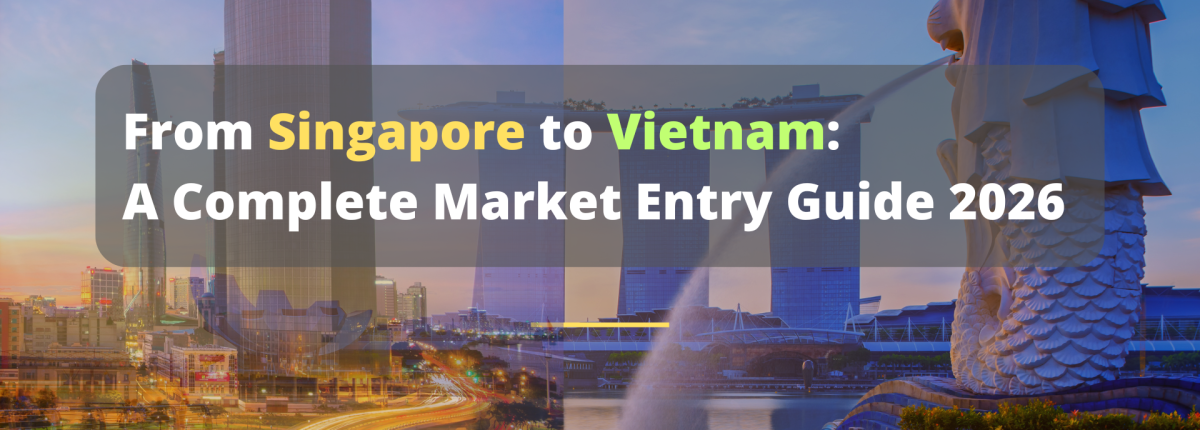

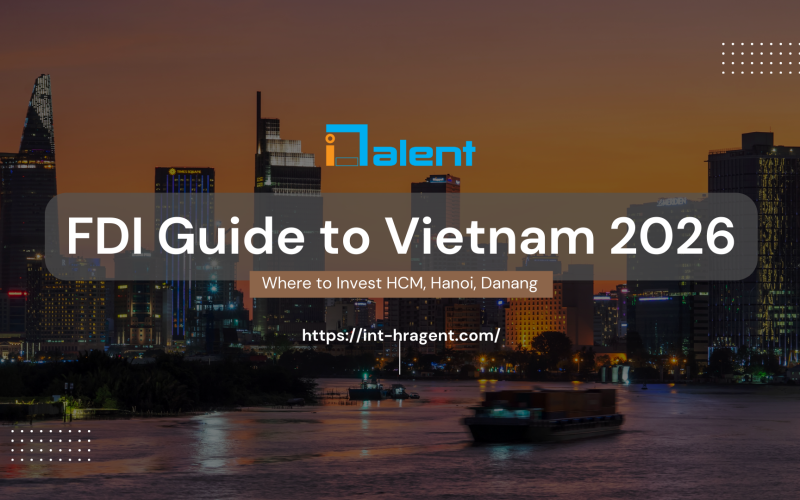
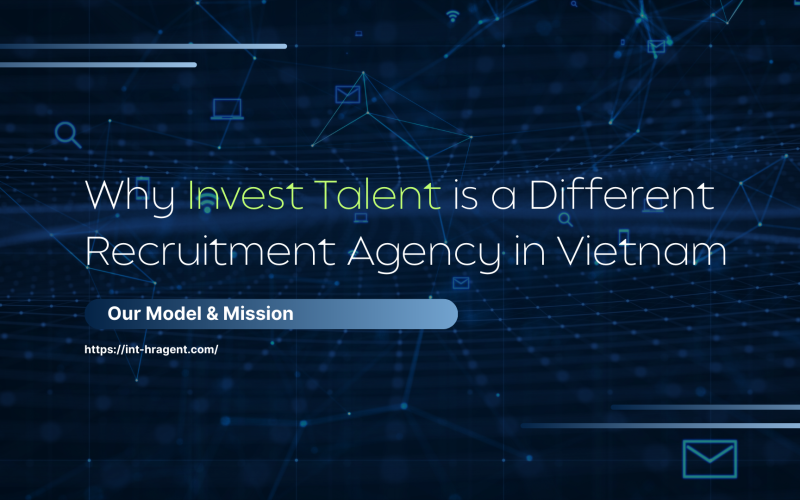
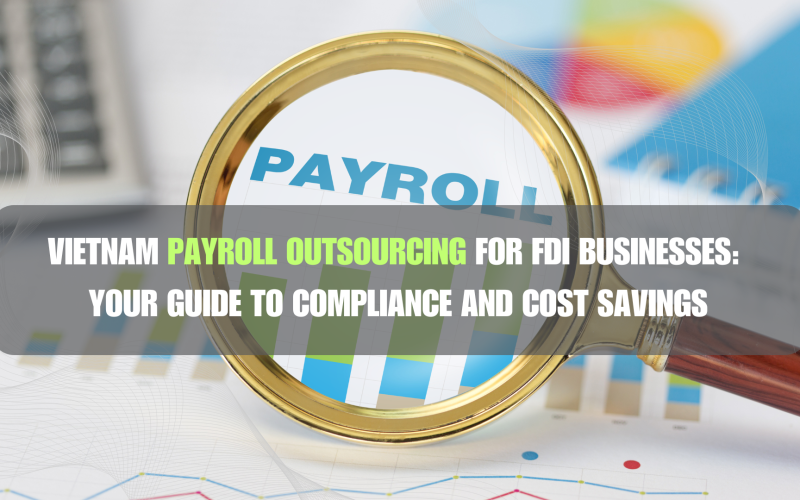

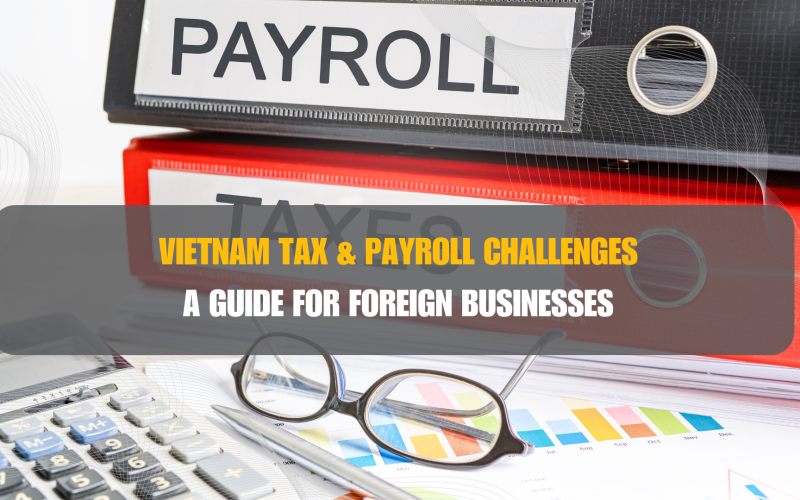
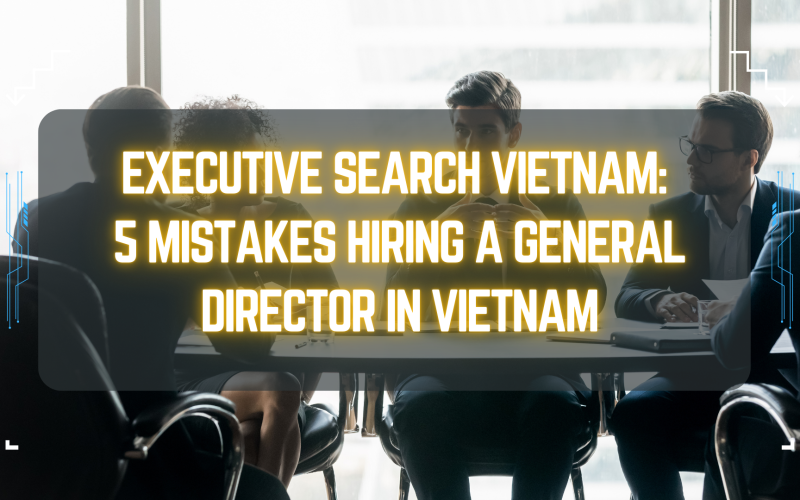
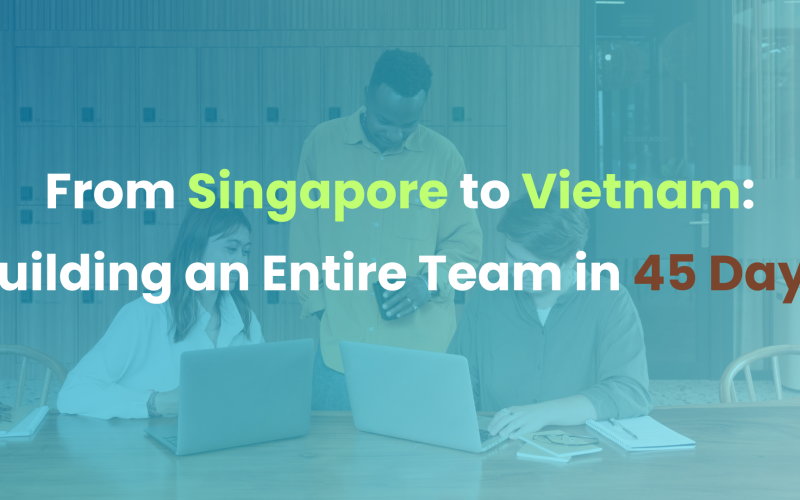
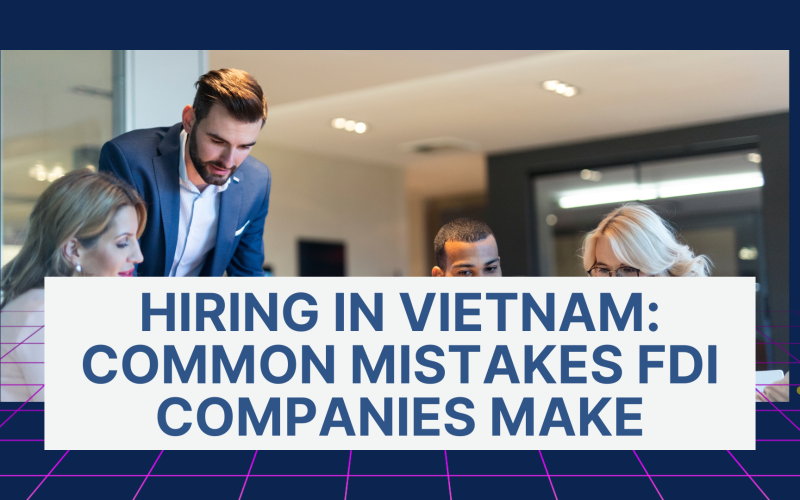

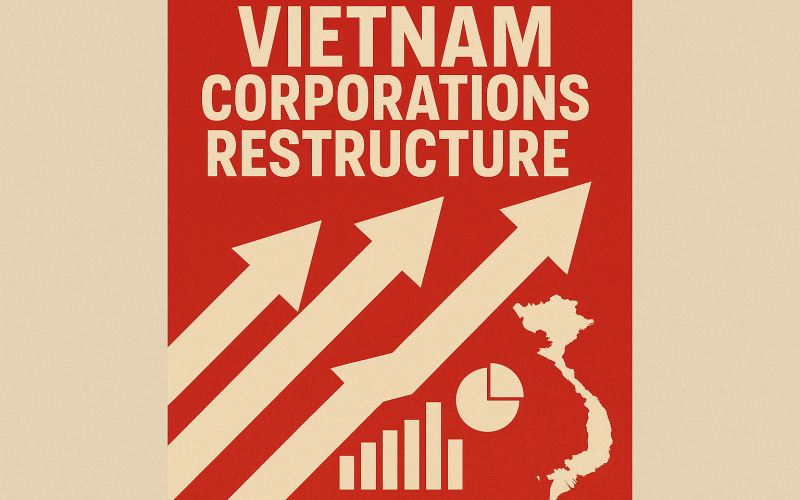
-cr-800x500.png)